Enlisting Coast Guard to buoy defence spending expected to hit choppy waters, say analysts
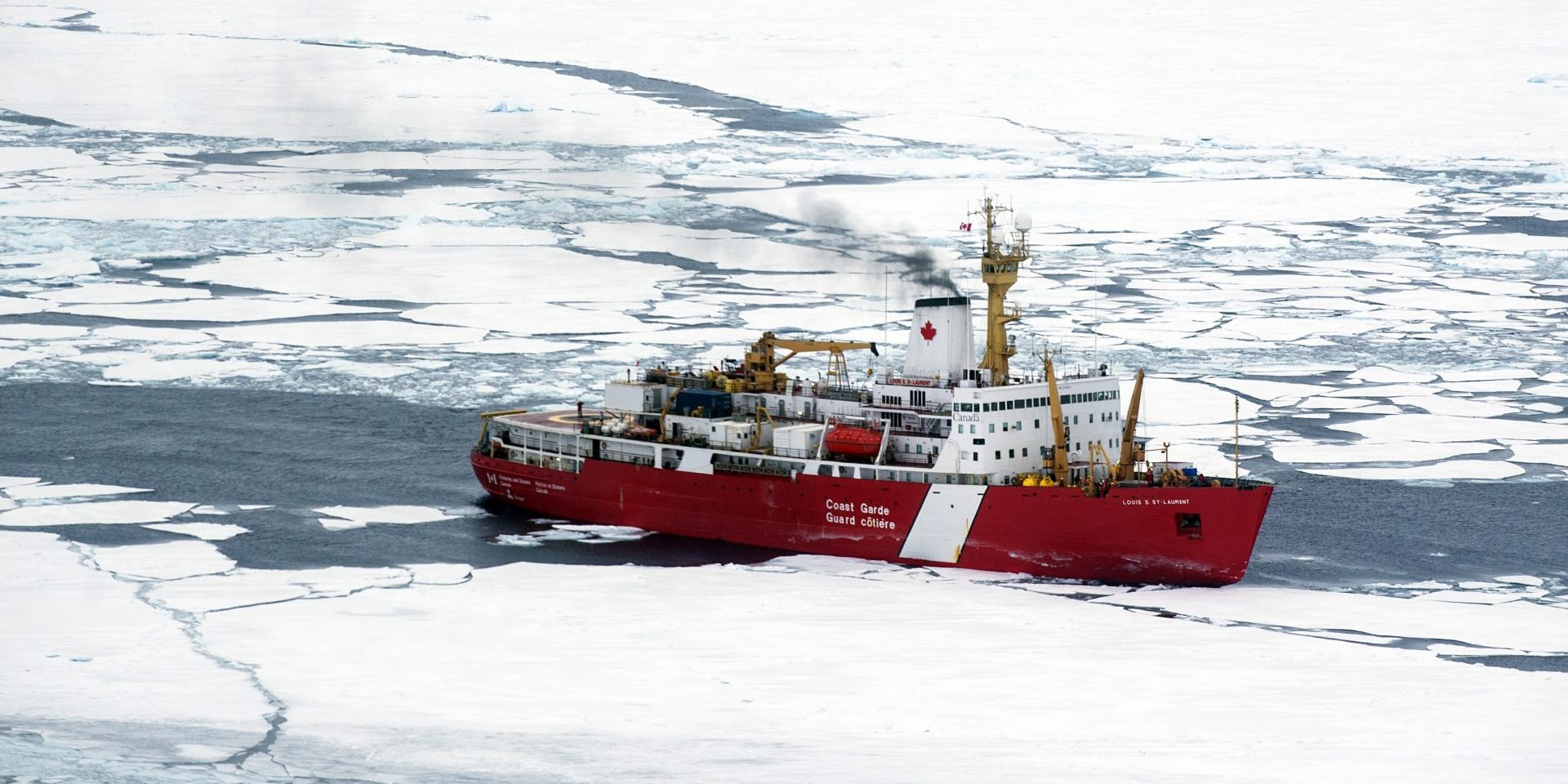
Prime Minister Mark Carney’s plan to float Canada’s defence spending over its current two per cent of GDP NATO target with the help of the country’s Coast Guard may hit rough waters as it navigates between a resistant public service and service members opposed to becoming what they derisively view as a militarized “junior navy,” defence analysts say.
“We haven’t included the [RCMP] Musical Ride, but we’ve come perilously close,” naval expert James Boutilier told The Hill Times. “Canada has bent over backwards to include every possible expense we can find, but we haven’t come anywhere close to what we promised [in 2006].”
On June 9, Carney (Nepean, Ont.) announced a $9.3-billion increase to the Department of National Defence’s existing budget. DND requested $35.7-billion in the 2025-26 main estimates tabled last month. Alongside an additional $14-billion in defence-related spending from other federal departments—including an additional $100-million to the Canadian Coast Guard’s annual budget of $2.5-billion—Canada would be expected to meet its NATO commitment by next March with a total spend of $62.7-billion.
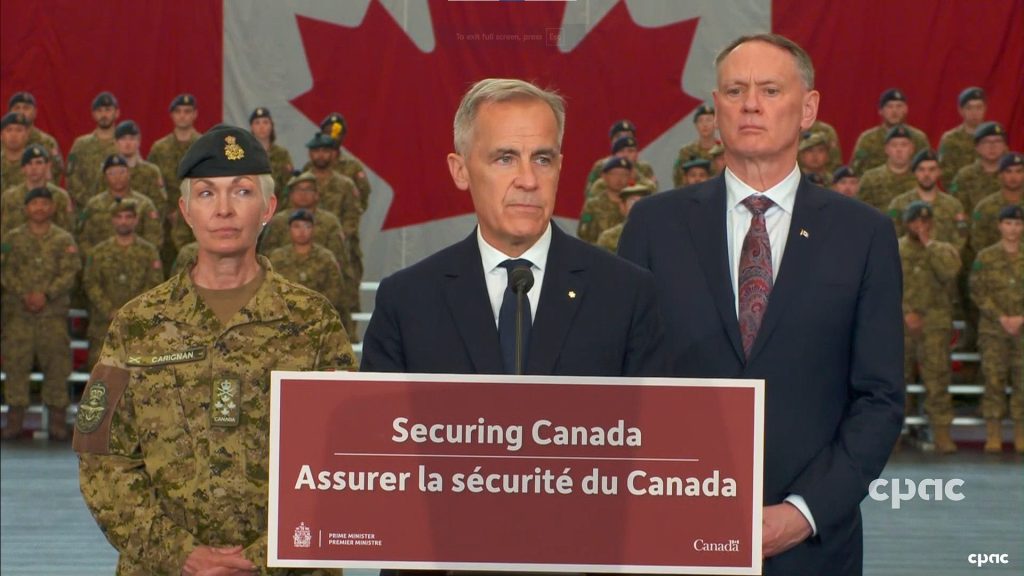
While short on specifics, Carney stated that the new spending, presented in the House of Commons on June 9 as part of the first set of supplementary estimates, would accelerate investment in Canada’s military; boost salaries; replace or repair aging equipment; bolster the ranks of the understaffed Canadian Armed Forces, and rearm the military with new armoured vehicles, drones, submarines, and icebreakers.
Last year, DND reported that a little more than half of its maritime, air, and “key land fleets” met operational readiness standards in 2022-23.
During his announcement at the University of Toronto, Carney said that while the plan would align Canada with its current defence spending commitments, “our goal is to protect Canadians, not to satisfy NATO accountants.”
“Our plan will help ensure that Canada is strong at home and reliable abroad,” Carney said, adding that the plan includes ensuring the Arctic is protected with a larger, year-round presence on land, sea, and air, as well as expanding the Coast Guard’s search and security mandate, which had previously been announced as part of the Liberals’ expansive border security legislation Bill C-2.
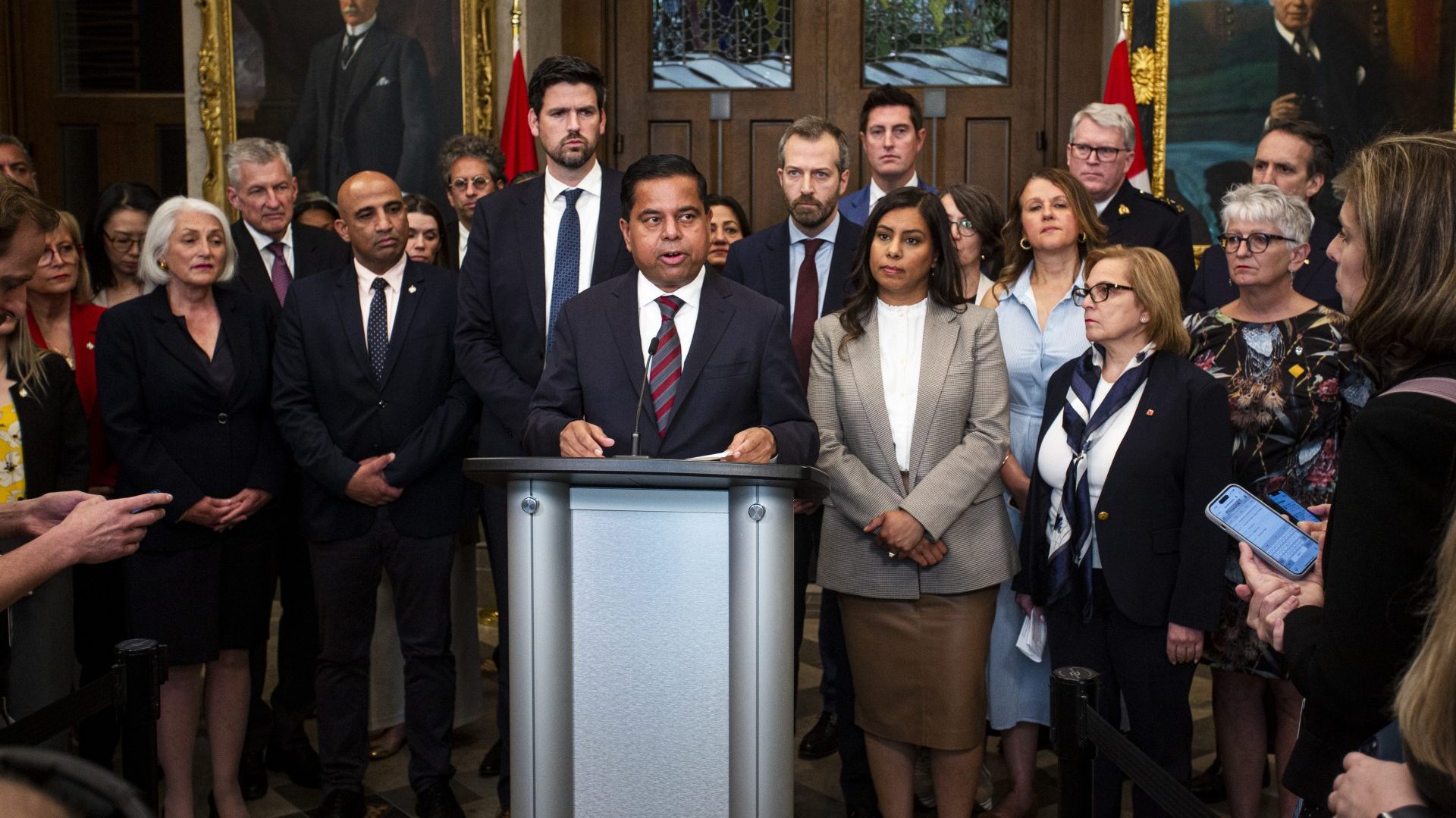
Tabled in the House of Commons on June 3, the wide-ranging Strong Borders Act proposes amendments to the Oceans Act to expand the Coast Guard’s mandate to include security and intelligence-gathering activities, and the ability to share information with law enforcement and the military, as well as their American counterparts.
Responding to the announcement, Conservative MP James Bezan (Selkirk–Interlake–Eastman, Man.), his party’s defence critic, called the inclusion of expenditures for the Coast Guard and Veterans Affairs “creative accounting,” adding that NATO would be watching closely to see if Canada is truly spending on military rather than civilian expenditures.
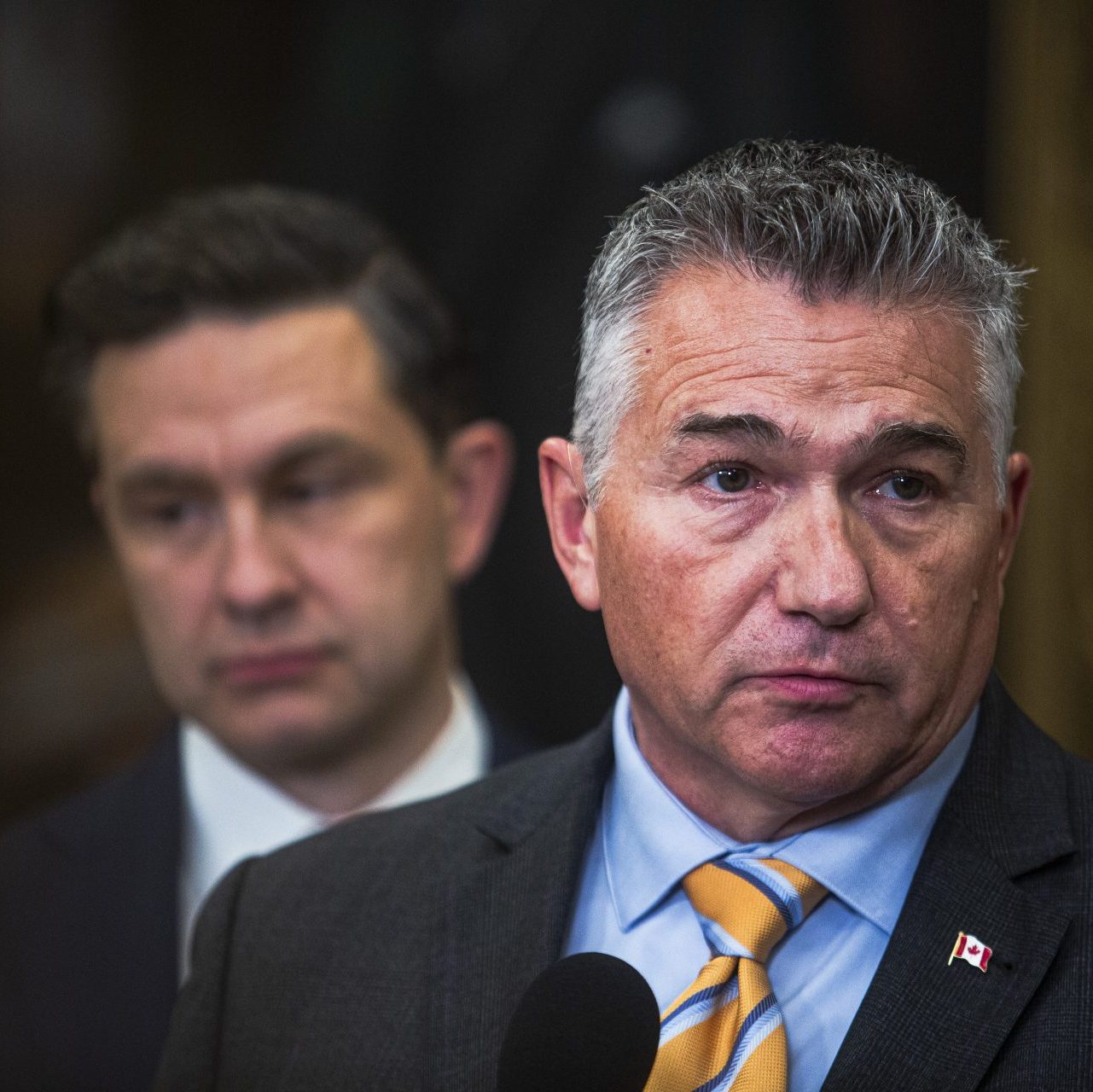
“At the end of the day, to be fully counted in defence spending, they have to bring some security protocols to the table, and that means that ships may need to be armed up, and there have to be military personnel on board,” Bezan said. “These are the things that the Coast Guard is going to have to address, and we’ll need to look at how that’s going to affect their overall operations.”
Carney also announced that the Coast Guard would be transferred to the Department of National Defence from its current home with Fisheries and Oceans Canada (DFO).
In a statement sent to the media, the Prime Minister’s Office said Carney would initiate the process to transfer responsibility for the Coast Guard to National Defence Minister David McGuinty (Ottawa South, Ont.). However, this directly contradicted the information provided to the media earlier that day. A DND statement to The Hill Times following Carney’s afternoon press conference also indicated there was “no active plan” to move the Coast Guard into the department.
Speaking with reporters on a not-for-attribution basis at a June 9 technical briefing, defence officials said that the Coast Guard would remain with DFO, and that moving it was not the plan or intention of the funding announcement.
A senior government source familiar with the matter told The Hill Times that, despite internal resistance from the Privy Council Office and the two departments, “ultimately, it’s the prime minister’s decision.”
“It’s moving forward because the PM decided [it will],” the source said.
DFO previously told The Hill Times the Coast Guard’s expanded mandate proposed in Bill C-2 would be completed “alongside the [CCG]’s existing services.”
In a follow-up email, a DND spokesperson said it would provide more details, but those would only arrive after The Hill Times’ publishing deadline.
One military analyst who attended the technical briefing said the decision to move the Coast Guard was easier to make than to execute, telling The Hill Times he had been left with more questions than answers.
“This isn’t an easy or even a good move,” said the analyst on a not-for-attribution basis to speak freely about the announcement. He noted that it would be difficult for the Canadian Coast Guard (CCG) to meet NATO’s strict standards for what counts as military expenditures, and that doing so would be met with opposition, particularly from its unionized members who would resist being “overly armed” and treated like a “junior navy.” He added that many service members chose the Coast Guard explicitly because it was a non-militarized civilian force.
“Leaving aside that the CCG has much more in line with the DFO mandate, it’s yet to be seen how this would affect shared infrastructure, or the reaction of people in the CCG, who don’t seem to have been fully consulted as far as I know,” the analyst said.
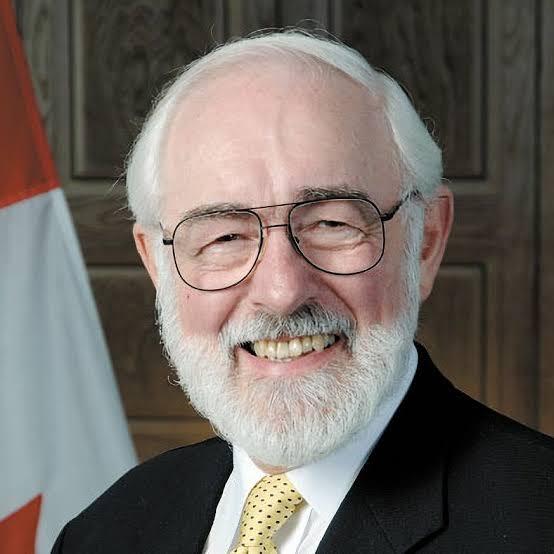
Boutilier, a former special adviser to Canada’s Maritime Forces Pacific Headquarters and a fellow at the Macdonald Laurier Institute, told The Hill Times that the CCG desperately needs the proposed expansion of its capabilities and a rejuvenation of its aging, “less than optimal” fleet. To fulfill its essential responsibility of defending the nation’s waterways, and guard against the growing threat from China and Russia in the Arctic will require substantial investments, not only in new ships, icebreakers, and submarines, but also in a wide range of expanded underwater and aerial surveillance systems and the infrastructure required to support it all, he said.
“We desperately need more facilities in the Arctic—from runways to ports—and more patrol ships,” Boutilier said, adding that those the CCG currently has are “embarrassingly under-equipped.”
Boutilier said that while any Coast Guard vessel is already equipped to provide basic surveillance simply by reporting any vessels they may see, what is desperately needed is the capability to report what it can’t.
“The CCG’s underwater surveillance capabilities are either non-existent or severely limited in their ability to track submarines,” Boutilier said. “The Russians and the Chinese combined represent a major flotilla so those underwater sensors are critical to track their movement.”
While Boutilier had no opinion on which department should be responsible for the Coast Guard, he said what matters is that the government moves “with urgency.”
“We’re a nation of sleepwalkers and our reputation in terms of our ability to fulfill our promises and premier responsibility of defending our own nation is non-existent, unfairly or not,” Boutilier said. “We have to put our house in order, not only in terms of reputational standing, but we’ve allowed our defence capabilities to deteriorate so badly that it will probably take at least a decade before we can even bring it back up to where it should be now.”
sbenson@hilltimes.com
The Hill Times






 LICENSING
LICENSING PODCAST
PODCAST ALERTS
ALERTS













